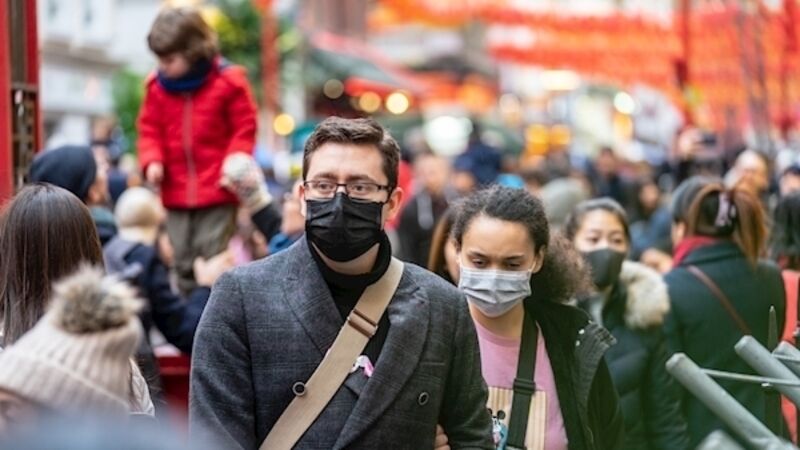Covid-19: 'I could guarantee you a biblical plague by Christmas,' warns UCC Professor

Prof Gerry Killeen recently made headlines on foot of warnings about the easing of Covid-19 restrictions.
Speaking to he says his expertise all began with pig dung.
















